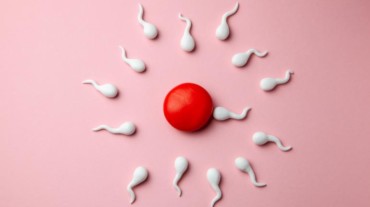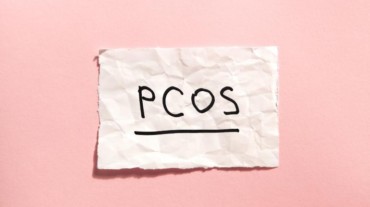
The daily hustle-bustle and career orientations often shift our focus from deciding upon the correct time to have a baby. These days many women are delaying childbearing to their later reproductive years for various reasons which include late marriage, higher education, career pursuit, longer life expectancy, social and (probably the most important) economic status.
Biologically speaking, women are stated to be the most fertile between the ages of 15 and 30, a time in which many are not willing to take the responsibility to start a family. From a perspective of a stable career, the years from age 35 to 45 would make the most sense; but these years represent the terminal decline in normal fecundity. So, if you have waited until a bit later in life to try to conceive, you may wonder if you’re too old to have a baby.
Any conception after the age of 35 automatically comes under the “advanced maternal age” (AMA) category. However, one should not be intimidated only by this term because successful pregnancy after 35 is still possible, with or without assisted reproduction. But, keep in mind that usually it is not advisable as a few complexities might occur while trying to conceive naturally. While the road to achieve the joy of motherhood may be harder for some after a certain age, others may sail through relatively easily. There are many factors at play, including your current health status and how close you are to menopause.

Here’s more about your chances of conceiving at an older age, what risks may be involved for you and your baby, and what questions you may want to ask your doctor before you embark on this journey.
An increasing number of women are choosing pregnancy later in life which has increased the number of women of advanced maternal age (AMA) opting for assisted reproduction. Women should be under the knowledge that there is an age-related complexity to fertility, including a decline in the oocyte quality and reserve in addition to an increase in the number of oocyte chromosomal aberrations.
Success rates of assisted reproductive technology (ART) cycles decrease with advanced maternal age. There are different fertility options for women of AMA, including fertility preservation (oocyte or embryo freezing), in vitro fertilization (IVF treatment) with or without preimplantation, genetic screening and oocyte or embryo donation. Detailed counselling needs to be offered to the women with regard to the risks. Women of AMA should be screened for underlying medical conditions that could have an impact on maternal and neonatal morbidity and mortality.
The natural deterioration in female reproductive ability, particularly in AMA, has two main reasons:

Elderly women who become pregnant at an advanced maternal age are at higher risk of caesarean delivery, gestational diabetes, preeclampsia, and preterm delivery of a baby with low birth weight. However, these risks vary widely, depending on the woman’s health status, and increase with maternal age at delivery.

You can make a choice based on your particular case but it is highly recommended that you speak with an expert before taking any major step.
Select Topics of your interest and let us customize your feed.
PERSONALISE NOW